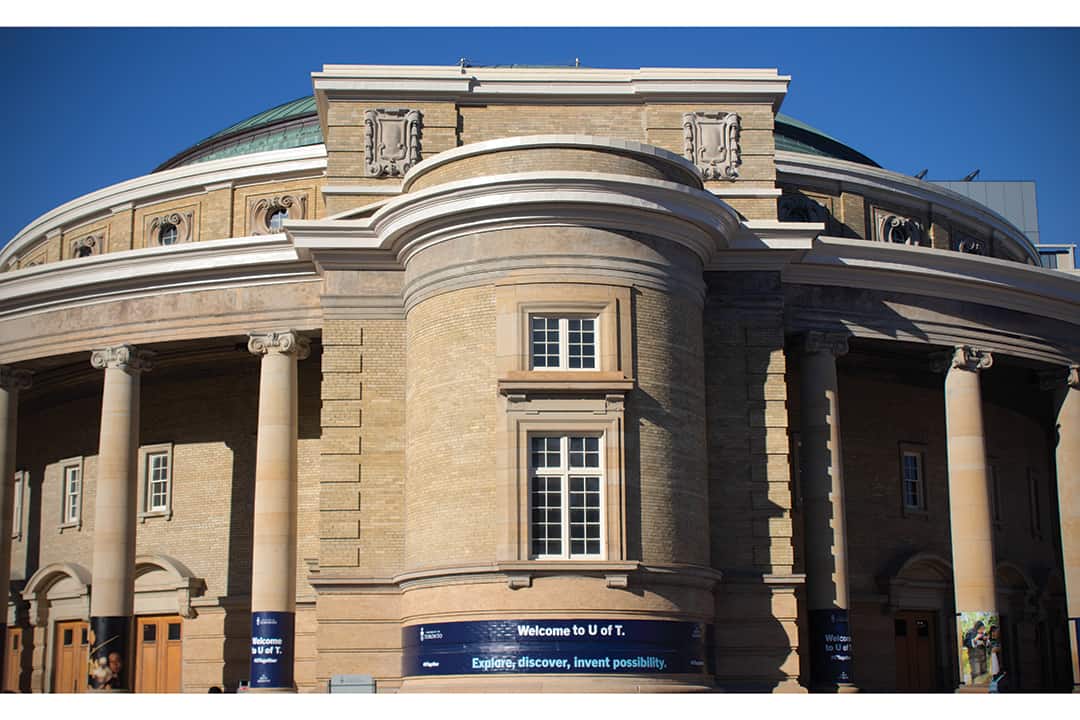On September 30, U of T released a report detailing recommendations and execution plans on the UTSG’s college system. UTSG conducted the Review of the Role of the Colleges on the St. George Campus between November 2019 and June 2022, and it established five working groups to explore how U of T’s institutions could work together to promote student success and academic programming.
The working groups include Reviews, Academic Planning and Academic Change; Student Experience; Recruitment, Admissions, and Enrolment Planning; Residences; and Resources. Each group consists of faculty and administrative staff at UTSG. The working groups collaborated with student advisors throughout the review process.
Amid other objectives, the Reviews, Academic Planning, and Academic Change working group focussed on reviewing programs and courses administered by individual colleges, as well as the academic staffing to support the first-year experience. The working group’s key recommendations include encouraging collaboration across departments, extradepartmental units, and colleges with the Faculty of Arts and Science. The recommendations also encourage faculty members to engage with college communities.
The Student Experience working group recommended that colleges build deeper relationships with the student population. It called for eliminating instances of when staff refer students to the wrong place for resources and ensuring consistent access to student services for all students.
The Residences working group acknowledged a future shortfall of residence spaces up to 2,000 spaces. In accordance with the Four Corners Strategy, the framework that guides U of T’s investments in real estate, the university plans to develop approximately 3.5 million square feet of space around the UTSG campus for amenities, including housing. Current students, however, are not likely to benefit from these plans, as progress is planned to occur over the next five to 10 years.
The Resources working group focused on delivering a broad range of objectives related to funding, resource distribution, and finances across the college system. It called for a minimum technology standard to be established across colleges, as well as for increased budget and space planning collaboration between the colleges and the Faculty of Arts and Science. The working group also recommended that colleges hire more staff to decrease the student-to-staff ratio across colleges.
Lastly, the Recruitment, Admissions, and Enrolment Planning working group aimed to make U of T’s college assignment process more transparent. Another one of its goals included improving differentiation between colleges by making information about the colleges more readily available. Many of its recommendations do not directly impact current U of T students, but focus on admissions for future student populations instead.
Throughout the review process, all working groups aimed to prioritize equity, diversity, and inclusion and accessibility. The report notes that these values “should be at the forefront of considerations around changes to College practices and services.”
The report also notes that several recommendations from the review are currently being addressed. Among these include a revision and review of agreements between U of T and its federated colleges — Trinity, Victoria, and St. Michael’s College — and the launch of the Student Advising System, which aims to ensure excellence in providing student services.


